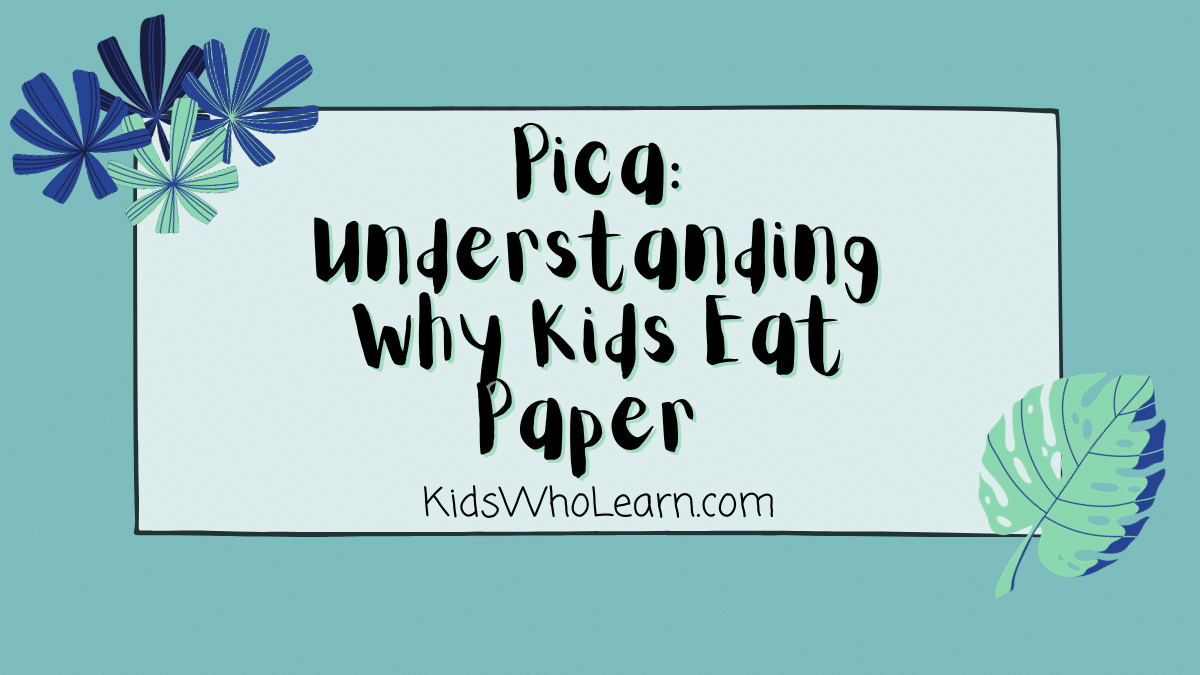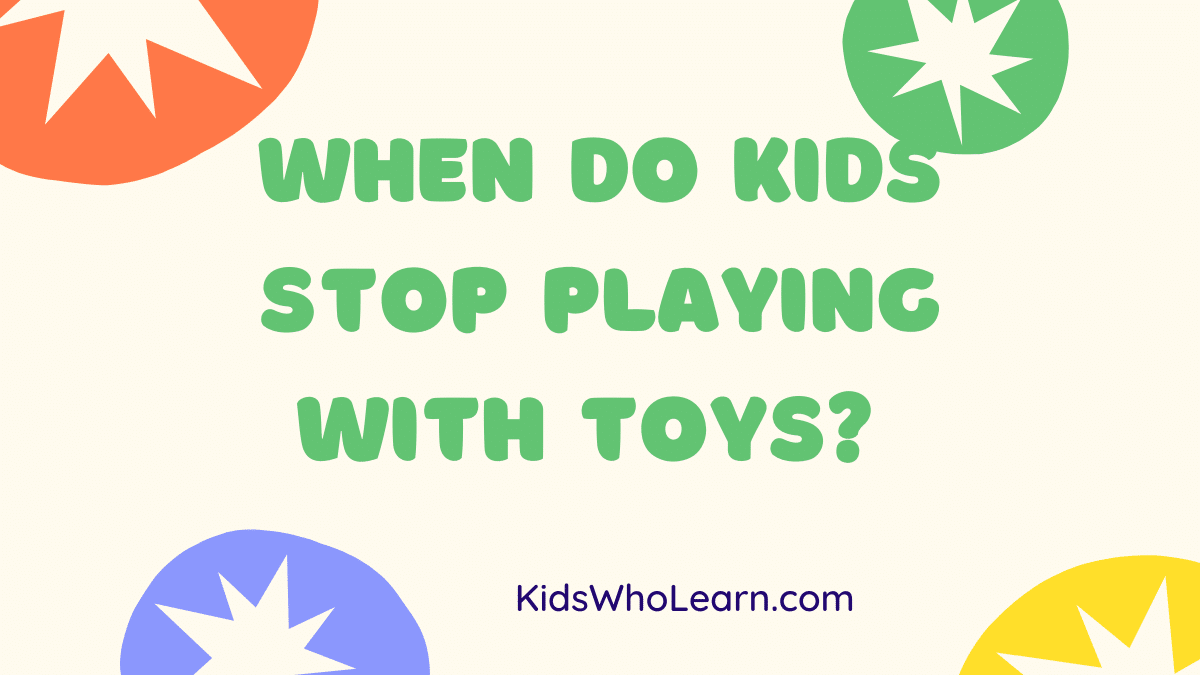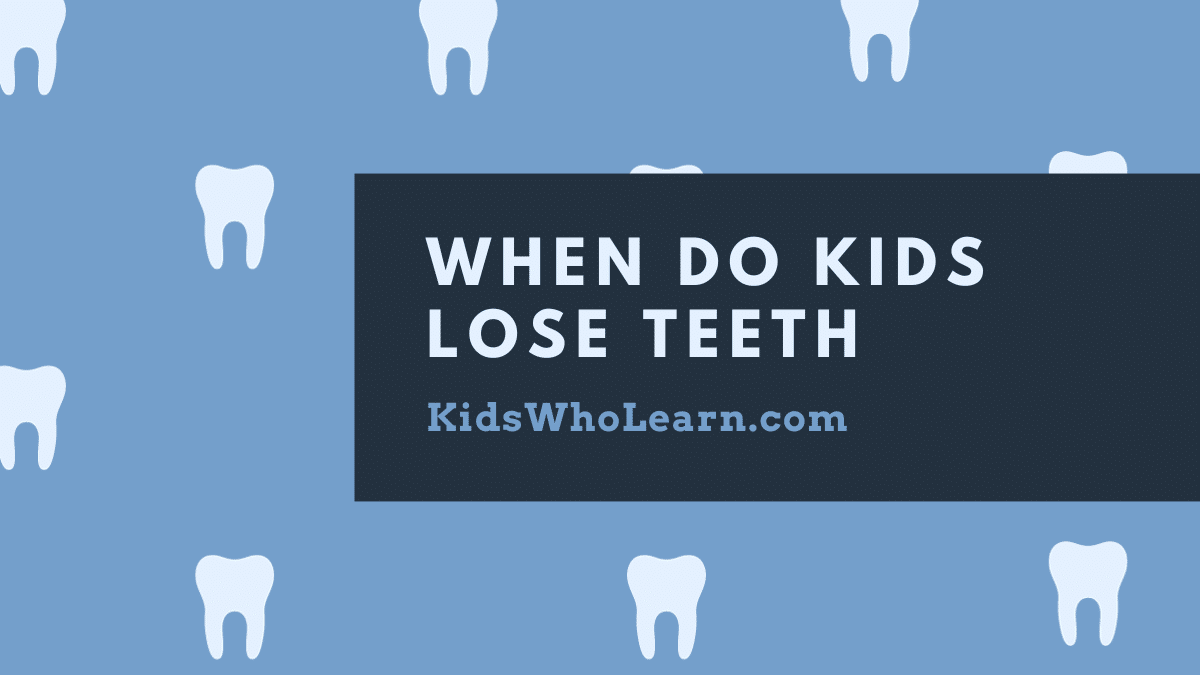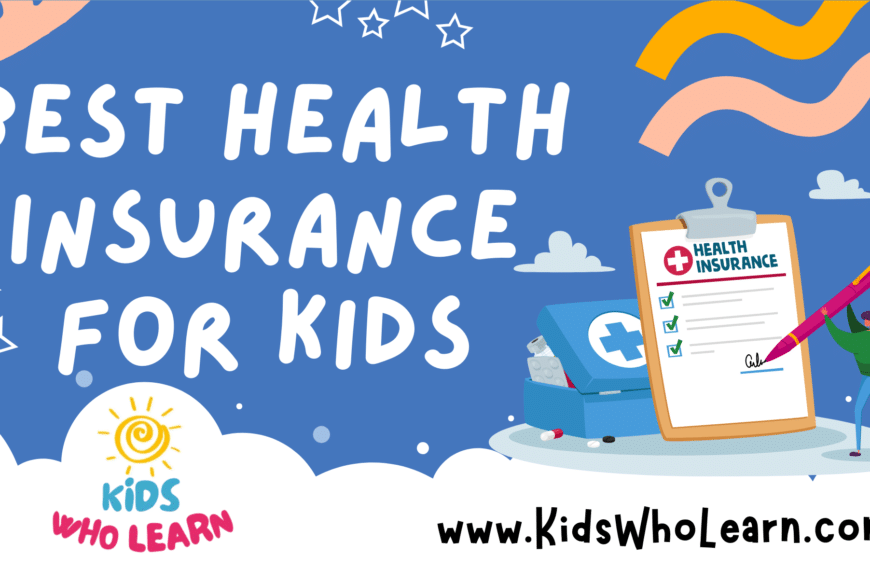Have you ever caught your child munching on a piece of paper? If so, you’re not alone. Many parents have been puzzled by their child’s strange habit of eating paper. While it may seem harmless, it’s important to understand why kids eat paper and the potential risks involved.
Understanding Pica Disorder is key to understanding why some children eat non-food items such as paper. Pica Disorder is a condition where a person has an appetite for non-nutritive substances such as dirt, chalk, and paper. While it’s not entirely clear what causes Pica Disorder, it’s believed to be related to a nutritional deficiency, developmental disorder, or psychological disorder.
So, what are the reasons why kids eat paper? There are several possible explanations for this behavior, including boredom, curiosity, sensory-seeking behavior, and stress. It’s important to note that while some children may eat paper out of curiosity, others may have an underlying medical or psychological condition that needs to be addressed.
Key Takeaways
- Pica Disorder is a condition where a person has an appetite for non-nutritive substances such as paper.
- Children may eat paper due to boredom, curiosity, sensory-seeking behavior, or stress.
- It’s important to address the underlying cause of paper eating in children to prevent potential health risks.
Understanding Pica Disorder
What is Pica Disorder?
Pica disorder is a condition where a person has an intense craving to eat non-food items. These items can include paper, chalk, paint chips, dirt, and even feces. Pica is most commonly seen in children, but it can also affect adults.
The exact cause of Pica disorder is unknown, but it is believed to be related to nutritional deficiencies, mental health conditions, and developmental disorders such as autism. People with Pica disorder may also have a history of neglect or abuse.
Pica Disorder in Children
Pica disorder is most commonly seen in children between the ages of 2 and 3 years old. Children with Pica disorder may eat paper, dirt, or other non-food items because they are curious or exploring their environment. However, if the behavior continues past the age of 4 or 5, it may be a sign of a more serious issue.
If you suspect that your child has Pica disorder, it is important to speak with their pediatrician. The pediatrician can perform tests to rule out any underlying medical conditions and refer your child to a specialist if necessary.
In some cases, Pica disorder may resolve on its own as the child grows older. However, treatment may be necessary if the behavior continues or if it is causing harm to the child. Treatment may include behavioral therapy, nutritional counseling, and medication if necessary.
Remember, if you suspect that your child has Pica disorder, it is important to seek help from a medical professional. With proper treatment, your child can overcome this condition and lead a healthy, happy life.
Reasons Why Kids Eat Paper
When you see your child eating paper, it can be alarming and confusing. However, this behavior is not uncommon among young children. Here are some possible reasons why kids eat paper:
Sensory Exploration
Children are naturally curious and love to explore their environment. Eating paper may be a way for them to satisfy their curiosity and learn about different textures and tastes. Some kids may even enjoy the sound that paper makes when they crumple it up or tear it apart.
Nutritional Deficiencies
Another reason why kids may eat paper is due to nutritional deficiencies. If a child is not getting enough iron or zinc in their diet, they may crave non-food items like paper. This condition is known as pica and can also be caused by other deficiencies such as calcium or vitamin D.
Psychological Factors
Lastly, psychological factors may also play a role in why kids eat paper. Children who are experiencing stress or anxiety may turn to eating paper as a way to cope with their emotions. This behavior may also be a sign of an underlying mental health condition such as obsessive-compulsive disorder (OCD).
If you notice that your child is eating paper on a regular basis, it is important to talk to their pediatrician. They can help determine the underlying cause and provide guidance on how to address the behavior. In the meantime, it is important to keep paper and other non-food items out of reach to prevent any potential harm to your child.
Effects of Eating Paper on Health
Digestive Issues
Eating paper can cause various digestive issues. When you consume paper, it can irritate the lining of your digestive system, leading to discomfort, pain, and inflammation. The fibers in paper can also cause blockages in your digestive tract, which can lead to constipation, abdominal pain, and even bowel obstruction.
In addition, eating paper can interfere with the absorption of nutrients from other foods. This is because the paper can form a barrier in your digestive system, preventing the absorption of nutrients from the food you eat. Over time, this can lead to malnutrition and other health problems.
Toxicity Risks
Another risk of eating paper is the potential for toxicity. Many types of paper contain chemicals, such as bleach and ink, that can be harmful to your health. When you consume paper that contains these chemicals, they can enter your bloodstream and cause a range of health problems.
Some of the potential health risks associated with consuming paper containing chemicals include nausea, vomiting, diarrhea, headaches, and even organ damage. In some cases, exposure to these chemicals can even be fatal.
It’s important to note that the risks associated with eating paper depend on the type of paper you consume and the amount you eat. However, regardless of the type of paper, it’s generally not a good idea to eat it.
Preventing Paper Eating in Kids
If you’re concerned about your child eating paper, there are several things you can do to help prevent this behavior.
Positive Reinforcement
One of the most effective ways to prevent paper eating in kids is through positive reinforcement. This means praising your child when they choose not to eat paper and rewarding them with something they enjoy, such as a sticker or a small toy.
It’s important to be consistent with your positive reinforcement. Make sure to praise your child every time they choose not to eat paper, and try to offer rewards on a regular basis.
Professional Help
If your child continues to eat paper despite your efforts to prevent it, it may be time to seek professional help. A pediatrician or child psychologist can help you identify any underlying issues that may be causing this behavior and provide guidance on how to address it.
It’s important to remember that paper eating can be a symptom of other issues, such as anxiety or sensory processing disorder. Seeking professional help can help you identify and address these issues, leading to better outcomes for your child.
By using positive reinforcement and seeking professional help if needed, you can help prevent paper eating in your child and ensure they grow up healthy and happy.
Conclusion
In conclusion, there are many reasons why kids eat paper. It could be due to boredom, curiosity, or a sensory issue. It is important to understand that this behavior is not uncommon and can be addressed with proper guidance and support.
If you notice your child eating paper, it is important to talk to them about it and try to understand why they are doing it. You can also try to redirect their behavior by providing them with alternative activities or toys to play with.
Remember to always supervise your child and keep paper and other non-food items out of their reach. If you are concerned about your child’s behavior, you should consult with a healthcare professional or a licensed therapist who can provide you with additional support and guidance.
By understanding the reasons behind this behavior and taking the necessary steps to address it, you can help your child overcome this habit and ensure their overall health and well-being.
Frequently Asked Questions
What are the harmful effects of eating paper?
Eating paper can lead to a variety of harmful effects. Consuming large amounts of paper can cause blockages in the digestive system, leading to constipation or even bowel obstruction. Ingesting paper with ink or chemicals can also be toxic and cause harm to the body.
What are the symptoms of pica in toddlers?
Pica is a disorder that causes a person to crave and consume non-food items like paper. In toddlers, some common symptoms of pica include eating non-food items like dirt, paint, and paper. Other symptoms may include stomach pain, constipation, and vomiting.
Why do some kids chew paper but not swallow it?
Some children may chew on paper as a way to relieve stress or anxiety. Chewing on paper can also be a sensory experience that provides comfort to some children. However, some children may not swallow the paper because they know it is not food or because they do not like the taste or texture.
How can you stop your child from eating toilet paper?
If your child is eating toilet paper, it is important to intervene and try to stop the behavior. One approach is to provide alternative sensory experiences, like chew toys or fidget spinners, to redirect their attention away from eating paper. You can also try to limit access to paper products and supervise your child closely.
Does pica indicate autism?
Pica is not a diagnostic criterion for autism, but it is more common in individuals with autism than in the general population. Pica can also be a symptom of other developmental disorders or mental health conditions.
Is it normal for a 2-year-old to eat paper?
No, it is not normal for a 2-year-old to eat paper. Eating non-food items like paper can be a sign of pica or other underlying health conditions. If you notice your child eating paper or other non-food items, it is important to talk to your pediatrician to rule out any potential health concerns.







